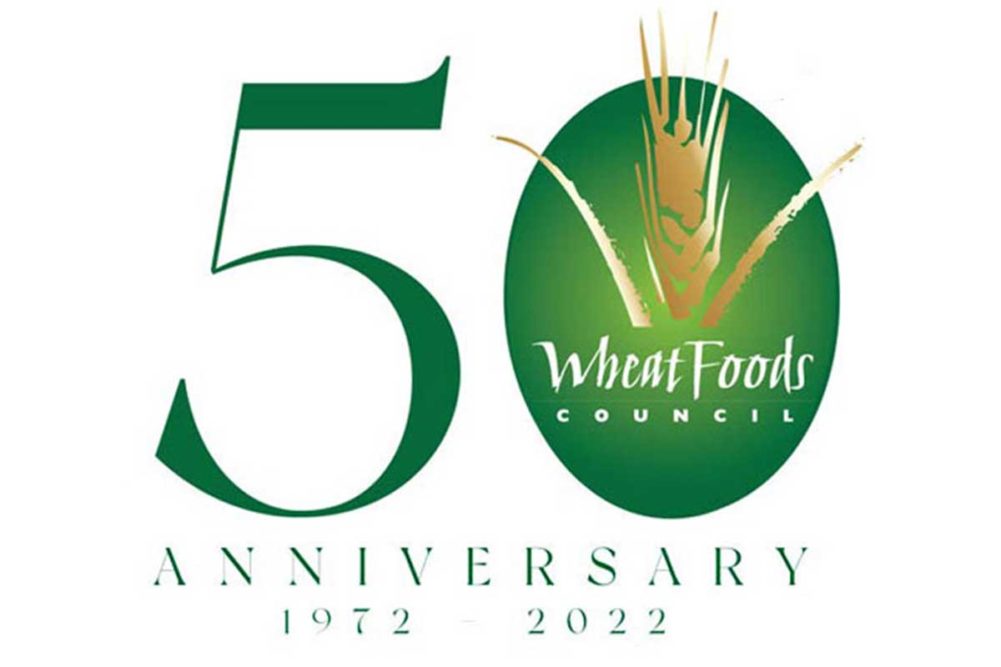In the early 1970s wheat foods were facing a wave of criticism from dietitians, the media and others for being high in carbohydrates they considered fattening.
Needing to combat this messaging, six state wheat commissions came together to form the Wheat Foods Council (WFC), creating a unified, national voice promoting wheat-based foods.
At IBIE 2022, the organization celebrated its 50th anniversary and its continued effort to achieve this goal.
“For 50 years, the Wheat Foods Council has developed sound educational and nutritional programs to increase the demand for wheat foods, correct information and debunk fad diets,” said Tim O’Connor, president of the WFC. “Today, WFC uniquely remains an organization whose membership encompasses the entire wheat foods value chain, including state wheat commissions and associations, millers, bakers, ingredient and life science companies and others.”
Throughout its history the WFC primarily focused on educating dietitians on the benefits of carbohydrates. Upon joining the organization in 2015, O’Connor expanded the WFC’s outreach to include personal trainers, another group with a significant impact on the eating behaviors of consumers, he said.
“Over 90% of personal trainers are now understanding carbohydrates really are important and offer a lot of nutritional benefits, especially to someone who’s trying to do athletic endeavors,” he said.
The WFC also is educating influencer groups that target chefs setting menus at restaurants and food manufacturers.
“We’re really expanding the opportunity for wheat,” he said. “Our goal is ensuring people hear positive messages about it.”
The WFC’s growing outreach comes at a time when consumer avoidance of wheat is at an all-time high, as gluten-free, plant-based and keto diets have boomed in popularity.
The plant-based movement is a top trend cited by many chefs the WFC speaks to, O’Connor said, and the organization is working to ensure that, despite these trends, wheat-based foods aren’t left out of the discussion.
“The WFC is working every day to educate key influencers about the positive nutrition in wheat foods and the fallacy of fad diets,” he said. “As these influencers become better informed, the advice they provide supports wheat foods consumption reaching millions of consumers every day.”




